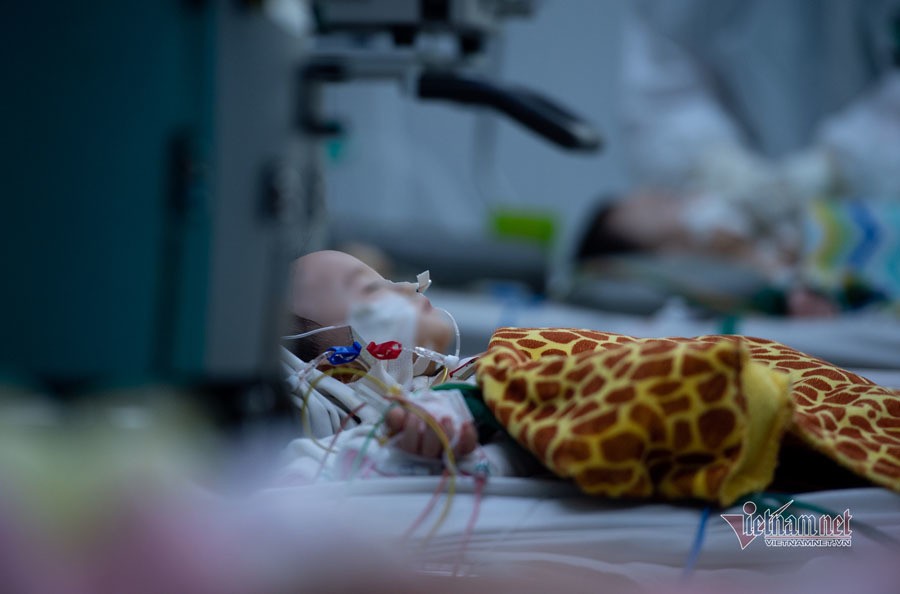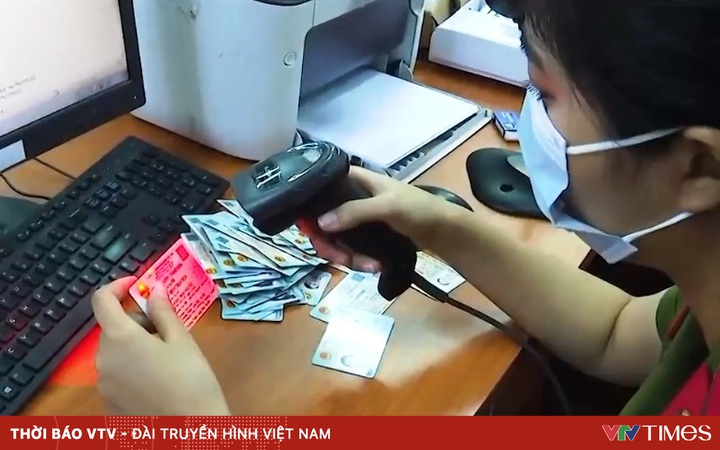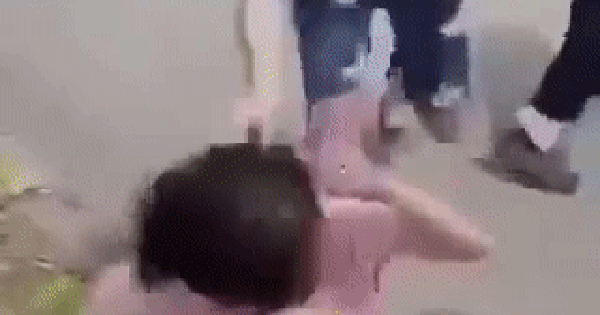When should children be examined after Covid-19?
 |
| When should children be examined after Covid-19 is a concern of many parents. |
For children, post-Covid-19 is a term to refer to a group of long-lasting symptoms (such as fatigue, taste disturbances, headaches, coughs, shortness of breath, etc.) 3 months and has an impact on the child’s daily activities.
These symptoms may persist from the initial illness or appear after recovery and are not caused by other causes. Depending on how long the symptoms last, there are different terms:
– Acute Covid-19 status: symptoms appear within the first 4 weeks from the first day of infection.
– Subacute/persistent Covid-19 status: symptoms occur from 4 to 12 weeks from the first day of infection.
– Chronic Covid-19 status: symptoms develop 12 weeks from the first day of illness, can last up to 6 months.
The percentage of children with persistent symptoms after Covid-19 varies widely according to research in different countries, different ages and populations, and how the duration of symptoms is determined. different.
Moreover, the common symptoms of post-Covid-19 in children are also diverse and variable, and the prevalence of symptoms is also different. Therefore, at present, the exact number of post-Covid-19 incidence in children is unknown.
Post-Covid-19 causes in children
The World Health Organization (WHO) assesses this as a condition with no definite etiology, combining many factors including virus characteristics, immune factors, and sequelae after intensive care treatment.
Other situations can also cause new or ongoing symptoms: the virus persists longer than usual due to an ineffective immune response; Reinfection status (eg by another strain of the virus); Weak physical strength due to lack of exercise when sick; Post-traumatic stress or other psychiatric sequelae, especially in individuals with a history of anxiety, depression, insomnia, or other mental illness; Reduced oxygen exchange as a result of persistent blood clots; Formation of autoimmune antibodies after viral infection.
More specifically, some scientists around the world have come up with some theories:
– Chronic inflammatory state: Some studies show that the SARS-CoV-2 virus enters and resides in the intestinal tract of children (but not only in the lungs). After healing, the virus continues to reside in the intestinal tract and provoke a continuous inflammatory response.
– Hypercoagulability and microvascular occlusion during the acute episode of Covid-19 cause long-lasting chronic organ damage. As the authors found, the process of hypercoagulability in the coronary artery endothelial layer causes prolonged chest pain after Covid-19 infection.
My child has just had an acute Covid-19 infection, will he have post-Covid-19?
An issue that is of great concern to parents is whether it is possible to predict whether a child with acute Covid-19 will be infected after Covid-19, if present, what are the symptoms and levels?
Up to now, there is no specific factor to predict the child will be post-Covid-19 after acute infection. A child who is mildly F0 may also show signs of post-Covid-19 infection.
However, if a child has a critical acute case of Covid-19 requiring mechanical ventilation or care in an intensive care unit, the child will be more susceptible to symptoms such as fatigue, muscle weakness, etc., which are common symptoms. in people requiring resuscitation.
Some studies also show that children who are obese, have a history of allergies, chronic medical conditions, and children over the age of 5 have a higher risk of developing post-Covid-19 symptoms than other groups of children.
Common symptoms of post-Covid-19 children
Post-Covid-19 can affect almost every organ in the body. However, in children and adolescents most often show symptoms on the nervous system such as fatigue, headache, insomnia, taste and smell disturbances, etc. Children may also have other symptoms. emotional disturbances, poor concentration, memory loss, learning difficulties.
Other common respiratory symptoms are prolonged cough, sore throat, difficulty breathing… In addition, children may have joint pain, muscle pain, chest heaviness, nervous palpitations.
Multisystem inflammatory syndrome (MIS-C) after SARS-CoV-2 infection is rare but is a severe and potentially life-threatening condition that usually occurs 2-6 weeks after infection with Covid-19. The disease often damages multiple organs such as the heart, blood vessels, and other organs, causing the disease to progress rapidly, requiring hospitalization.
Time to take the child to the doctor again after acute Covid-19 infection
When parents see that their child has symptoms as described above or shows any signs/symptoms that the child did not have before having Covid-19, it is necessary to take the child to a medical facility to confirm the diagnosis. disease diagnosis as well as appropriate treatment, intervention, and care regimens.
In case the child is hospitalized during an acute episode of Covid-19, the child should be re-examined according to the appointment of a medical facility (if any). In addition, even if the child does not have any suspicious symptoms of post-Covid-19 infection, parents can take the child to see a pediatrician between 4-12 weeks after contracting Covid-19 for examination and counseling. about children’s health problems.
How are children suspected of having post-Covid-19 examined and treated?
It should be noted that not all symptoms that appear in children after Covid-19 are post-Covid-19. Before concluding that the symptom is post-Covid-19 related, other causes need to be ruled out. For example, a baby who comes to the doctor because of a prolonged cough and weight loss after contracting Covid-19, can completely have pneumonia or other respiratory diseases.
When coming to the doctor, the child will be examined by pediatricians, assessing their overall health, and determining the main current symptoms. If necessary and indicated, the child will be consulted or re-examined by different specialists. Children will be examined with tests, probing measures such as film, ultrasound, respiratory function assessment… and a specific treatment plan for each child.
For example, children with chest pain after contracting Covid-19 will be examined by cardiologists, children with coughs will be examined by respiratory specialists, children with long-term psychological problems will be examined. Visited by psychiatrists…
How to prevent post-Covid-19 for children?
Because the cause of post-Covid-19 has not been found, there are currently no physical, drug or food measures to help prevent the appearance of post-Covid-19. The only method to prevent the appearance of post-Covid-19 is to prevent SARS-CoV-2 infection for children with appropriate preventive measures and to vaccinate against Covid-19 when indicated. When a child has Covid-19, it is necessary to monitor and care for the child according to the instructions of medical staff and take the child to medical facilities for examination and treatment in a timely manner.
Assoc.Prof.Dr. Tran Minh Dien – Director of the National Children’s Hospital; TS.BS. Phan Huu Phuc – Director of the Children’s Health Research and Training Institute – National Children’s Hospital and Dr. Le Nhat Cuong – Pediatrics Department, Hanoi Medical University.
at Blogtuan.info – Source: baoquocte.vn – Read the original article here

